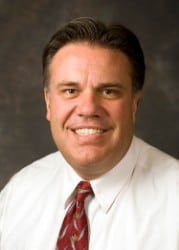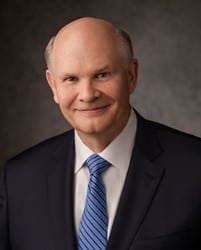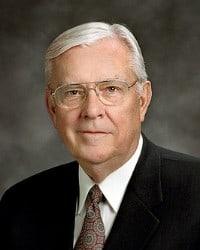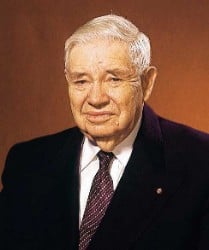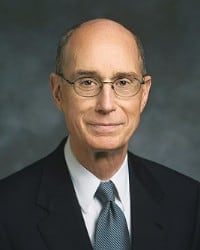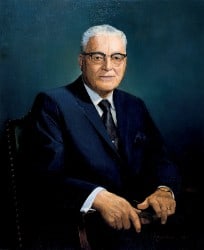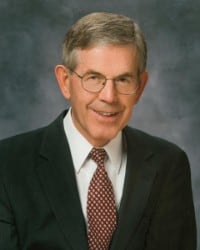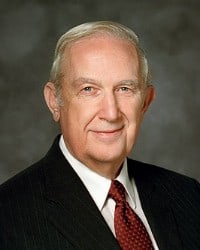“This statement—“a saint is a sinner who keeps on trying”—should reassure and encourage members of the Church. Although we are referred to as “Latter-day Saints,” we sometimes flinch at this reference. The term Saints is commonly used to designate those who have achieved an elevated state of holiness or even perfection. And we know perfectly well that we are not perfect.
“Our theology does teach us, though, that we may be perfected by repeatedly and iteratively “relying wholly upon” the doctrine of Christ: exercising faith in Him, repenting, partaking of the sacrament to renew the covenants and blessings of baptism, and receiving the Holy Ghost as a constant companion to a greater degree. As we do so, we become more like Christ and are able to endure to the end, with all that that entails. In less formal terms, God cares a lot more about who we are and who we are becoming than about who we once were. He cares that we keep on trying.”
Elder Dale G. Renlund
| "Latter-day Saints Keep on Trying"
Topics: Perfection, Repentance
